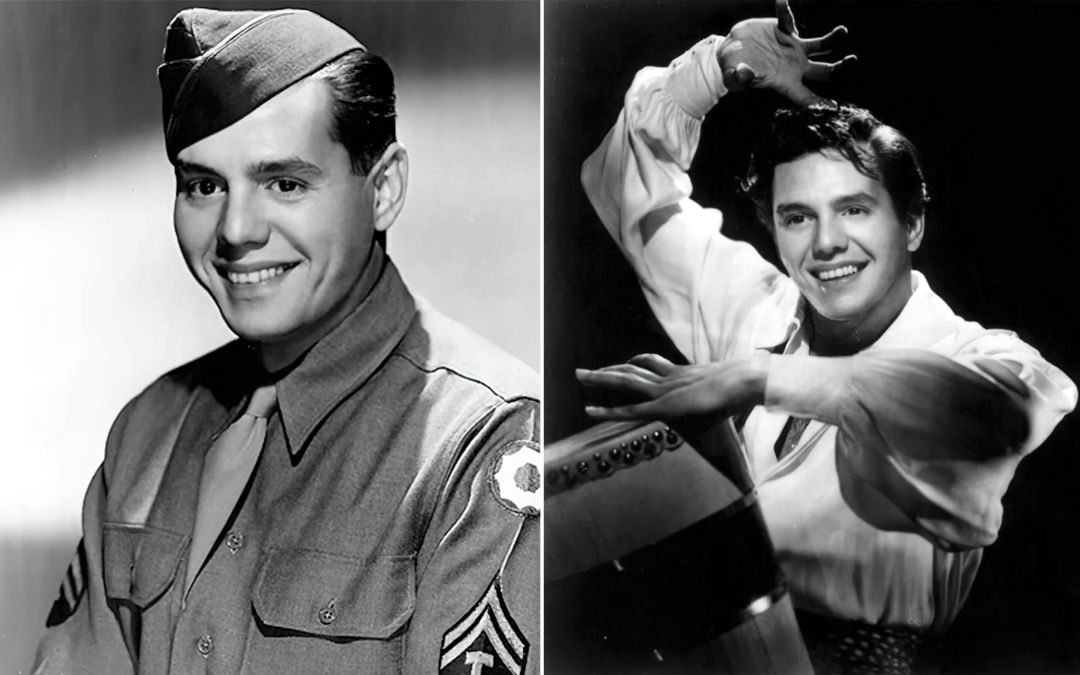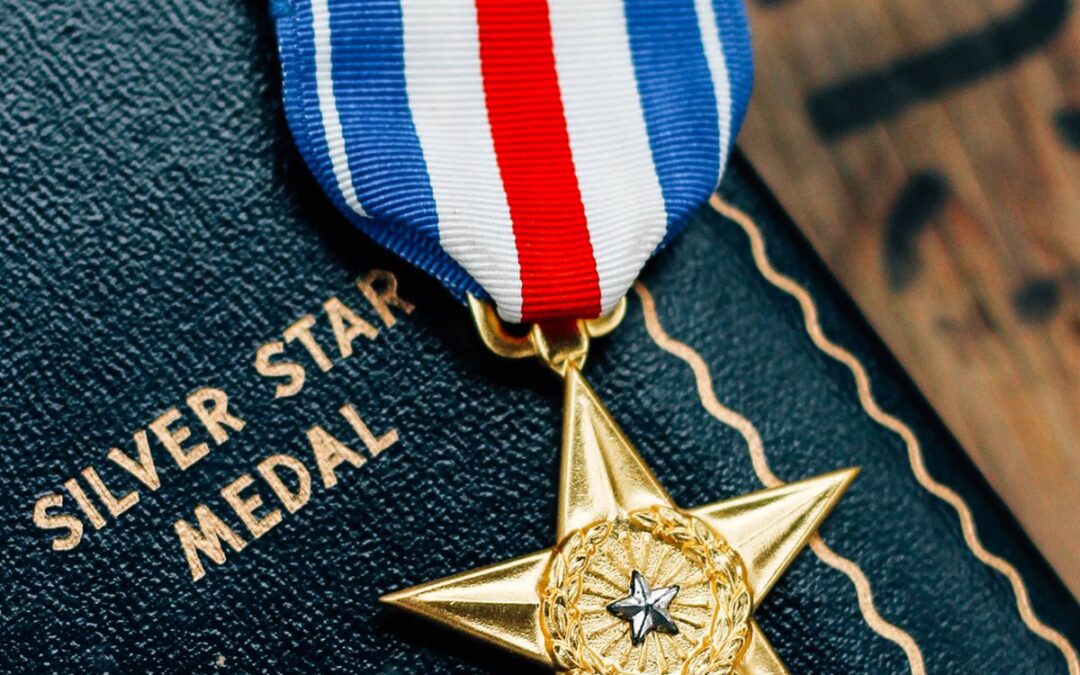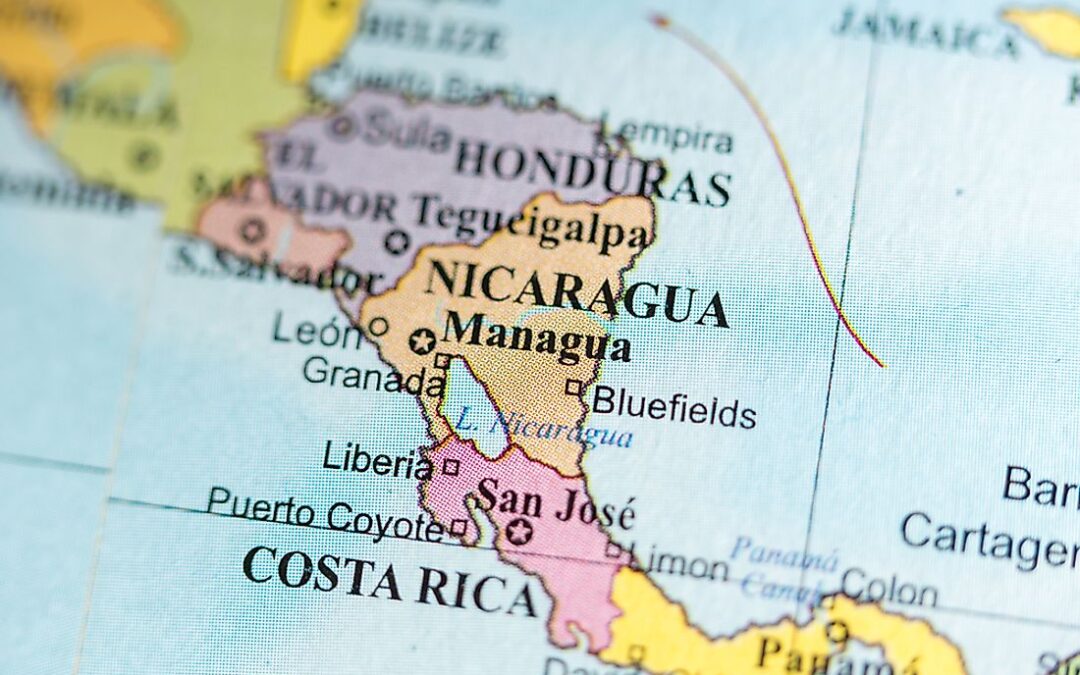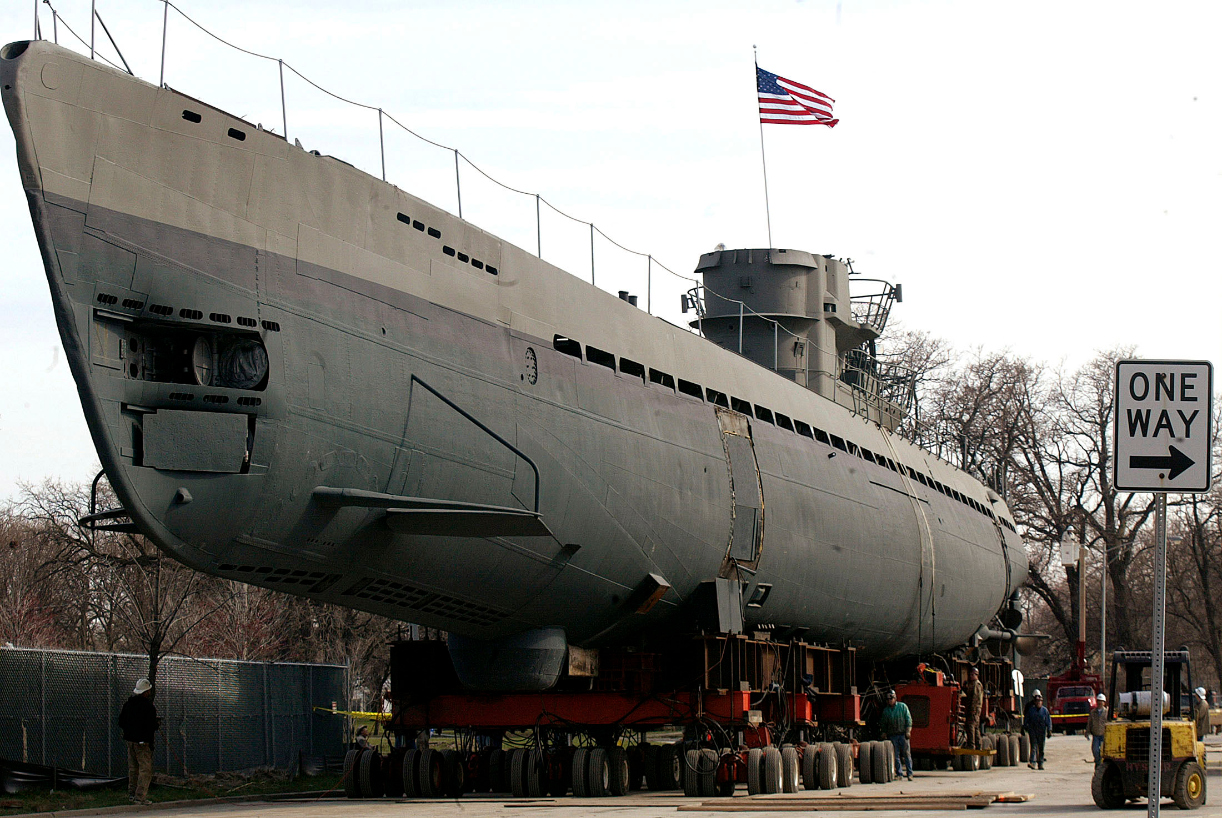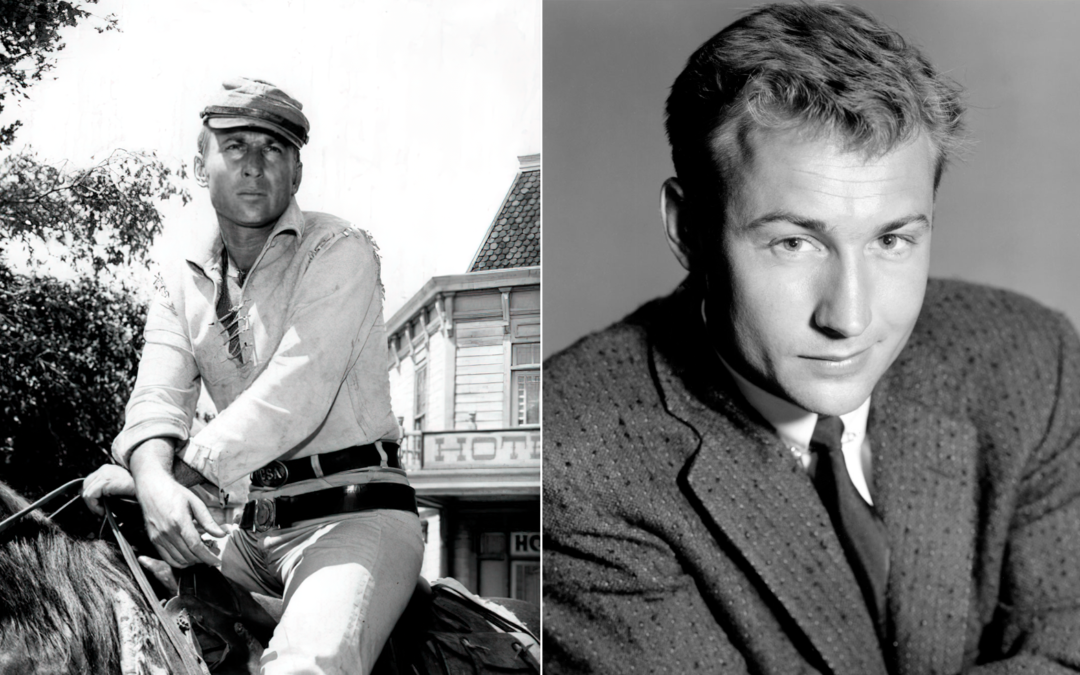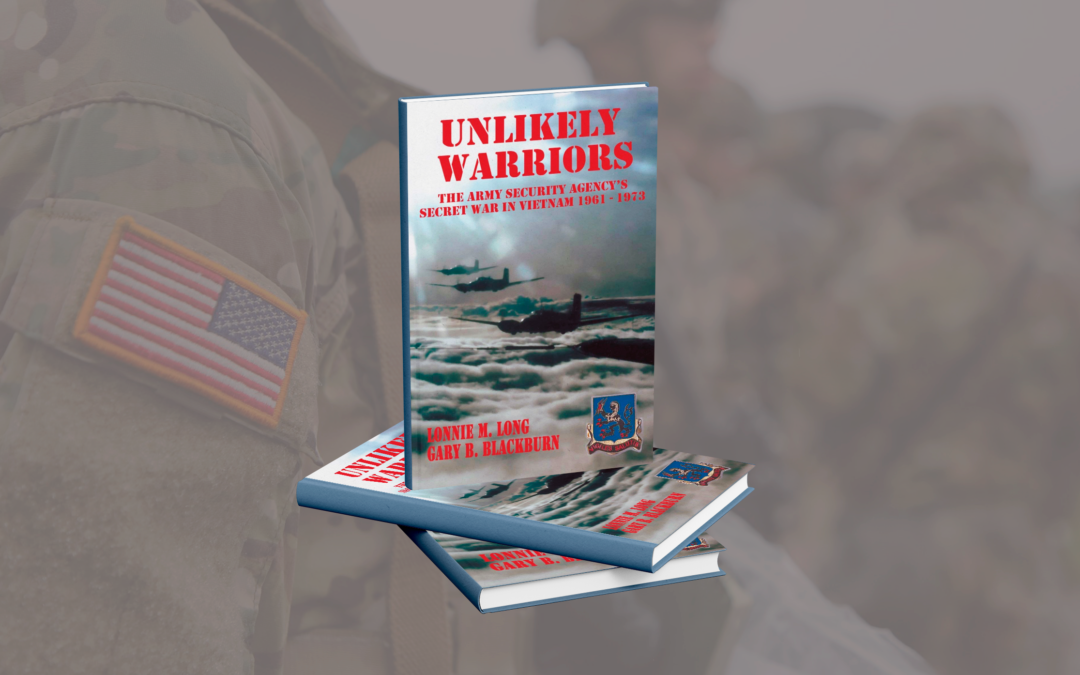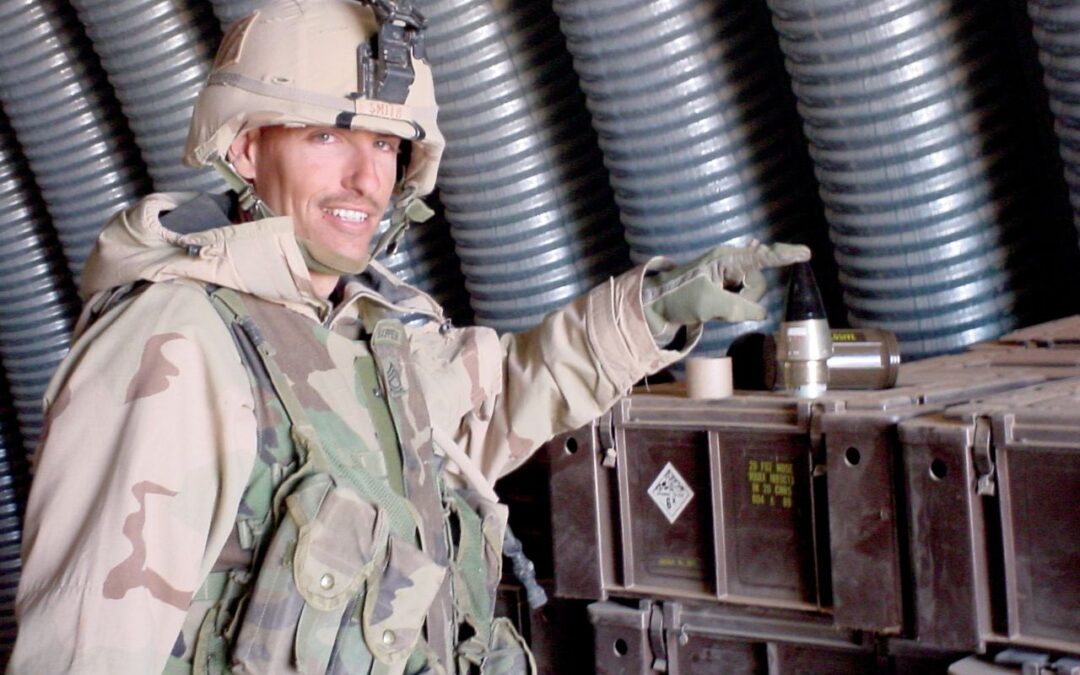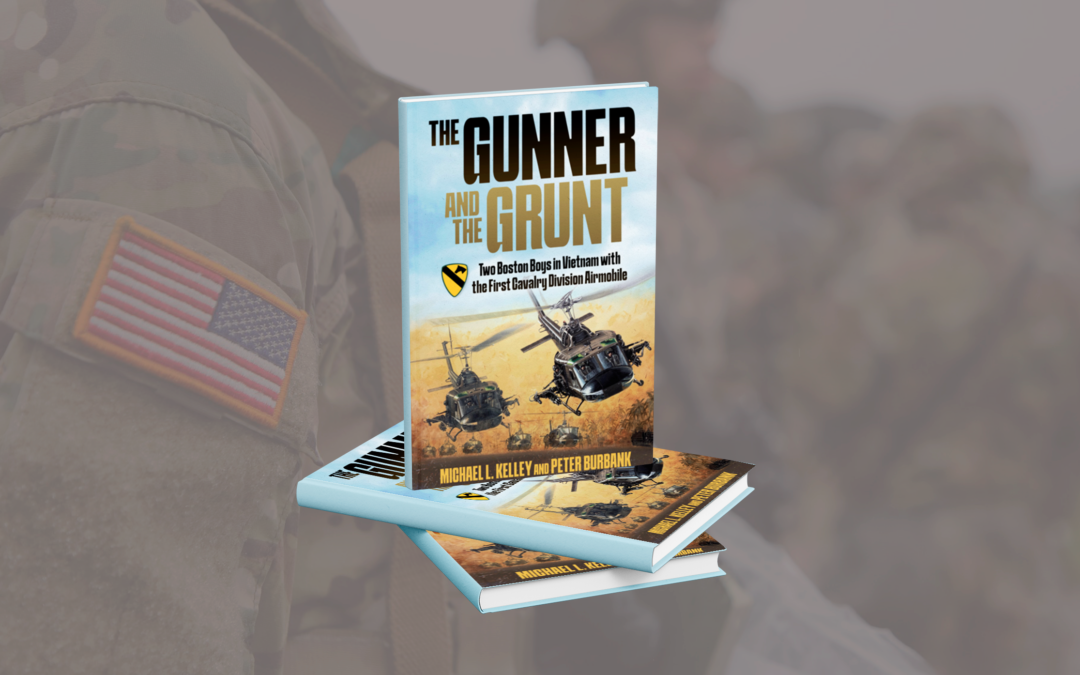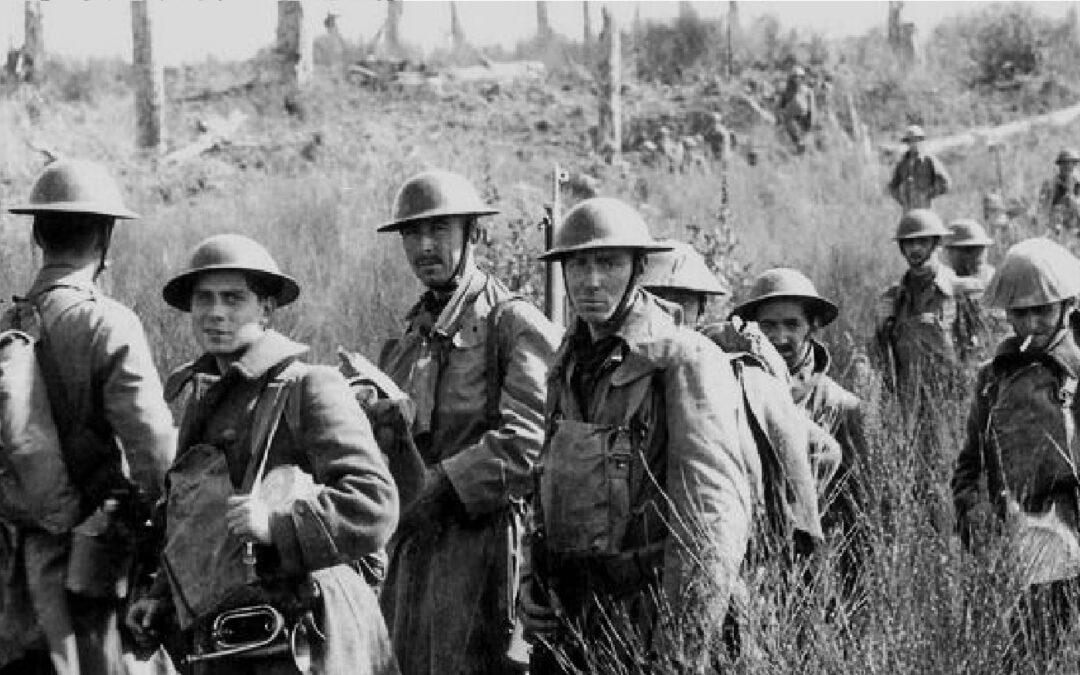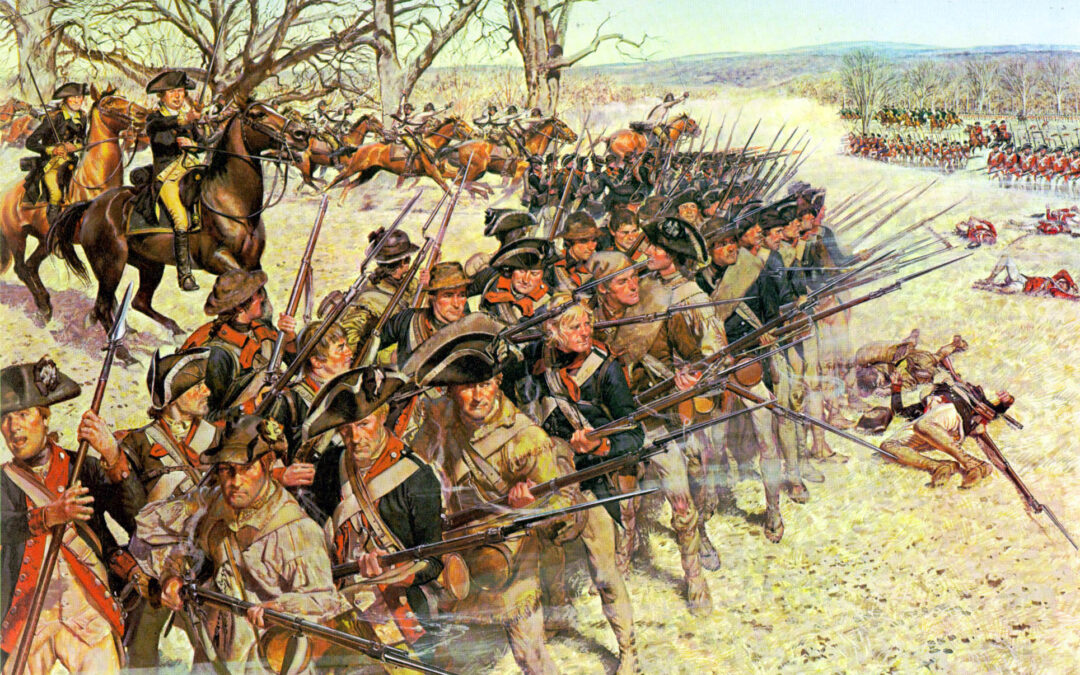I thought after high school that I might go into the Navy. However, my brother was killed in an accident in the Army, and my mother did not want me to attend, so I didn’t. I floundered around for two years, trying college, working for Transcontinental Bolt Company selling tools, nuts, and bolts door-to-door to farmers in western PA, and then working at Wendy’s. My father was a Marine during WWII. After a bad day at Wendy’s, I went home and announced that I was going to the Marine recruiting station. Dad, would you like to go with me? He did, we went, and I left for the Marines shortly thereafter.

